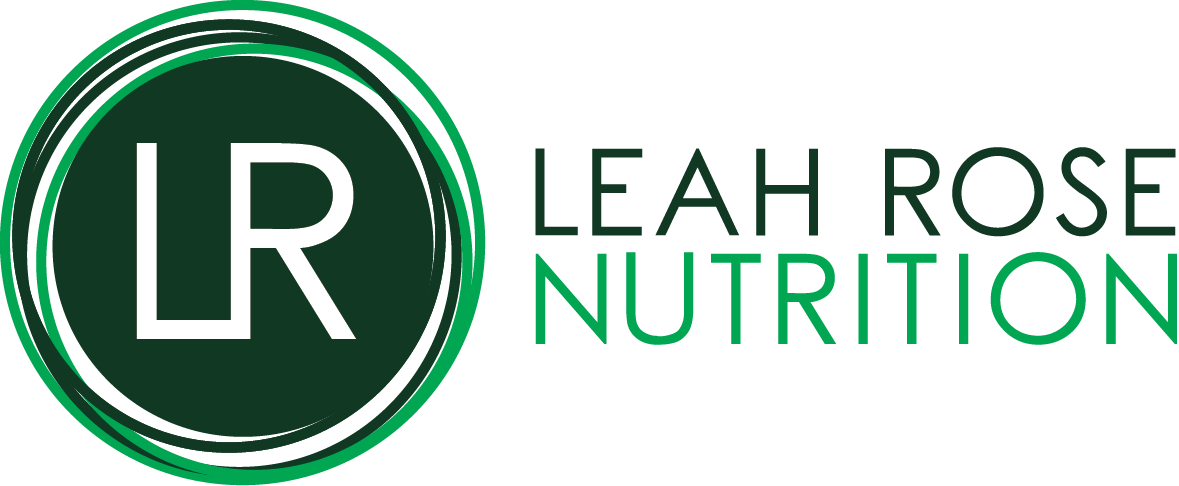Caffeine
I’m a coffee lover, prolific drinker of tea, and - if I didn’t know better – I could happily live off dark chocolate forever. But what about my caffeine intake?
Is caffeine safe?
Caffeine is one of the most widely researched stimulants on the planet found in tea, coffee, energy drinks, coke, and dark chocolate. Research focuses on performance both physical and cognitive, and especially in sport. Reaction times get quicker, outputs get higher, intensities get stronger.
The temptation can be to think that more caffeine must mean more results – but not so. A word of caution: caffeine has the potential to harm if too much is consumed, so do your homework and show it the respect it deserves.
Too much and at best you’re likely to experience insomnia and tummy trouble, at worst your heart may struggle (there are fatalities thought to be linked to excessive dosing).
Caffeine affects people differently. Genetics, age and body weight all play a role. Some people metabolise caffeine quickly, some slowly. Some people tolerate it well whilst others experience jitteriness, anxiety, or heart palpitations - even with small amounts.
There’s a ‘sweet spot’ to find in sports nutrition that we calculate based on body weight combined with performance outcome measures, and feelings of energy, strength, and wellness.
It’s recommended you don’t consume it during pregnancy or when you’re breastfeeding, and that you don’t give it to your kids.
Is caffeine bad for your sleep?
Caffeine can enhance physical and mental performance including aerobic endurance, strength and power, and cognitive alertness - including during times of sleep deprivation. This goes massively in its favour – very few of us don’t know the sluggish depths of sleep deprivation; the attraction of a quick way out of a bout of that is strong.
It works by blocking adenosine receptors. This is great when you're tired and/or need a boost, but problematic if it’s too close to bedtime. Given that it’s ‘half life’ is a whopping 4 to 6 hours, this is actually more difficult to do than you might think and so for most of us it’s definitely a morning-only drink – and that includes cans of unsweetened coke.
Even if caffeine doesn’t stop you sleeping, it can impede sleep quality. It’s easy to get stuck in a cycle of reduced sleep quality and then excessive caffeine consumption, followed by reduced sleep quality and excessive caffeine consumption, and so on, without realising the role caffeine is playing, because of how it helps you feel in the day.
Can I consume caffeine if I train in the evening?
If you’re smashing a caffeinated pre-workout before you train at 7pm in the evening after work, chances are this is probably counter-productive. The loss in sleep quality may well undermine the enhanced effort you put into your session. Sleep impacts output and performance too, including cognitive performance, and it plays a key role in recovery, so it’s not usually worth trading sleep off against caffeine if you have the choice, other than in specific competition scenarios.
Does coffee and tea hydrate you?
Caffeinated drinks can contribute to daily fluid intake as part of an otherwise healthy diet, alongside water or other hydrating drinks.
In other words, relying on caffeinated drinks is not ideal (don’t do that), but enjoying them sensibly is not likely to result in dehydration. That tea and coffee dehydrates you is a bit of a myth.
So, is caffeine good or bad for you?
Caffeine isn’t inherently good or bad; it can be a useful tool and it can be enjoyed safely. Used wisely, it can enhance performance, boost alertness and, let’s face it, bring joy. Like so many things though, misuse it and that will lead to problems - potentially big ones – so don’t do that. Don’t chug it all day; stick to sensible amounts. Switch to decaffeinated drinks from the afternoon onwards.
Want to know more?
Head over to Events to find out about mini-masterclasses and learn more.
This article is not medical advice.
